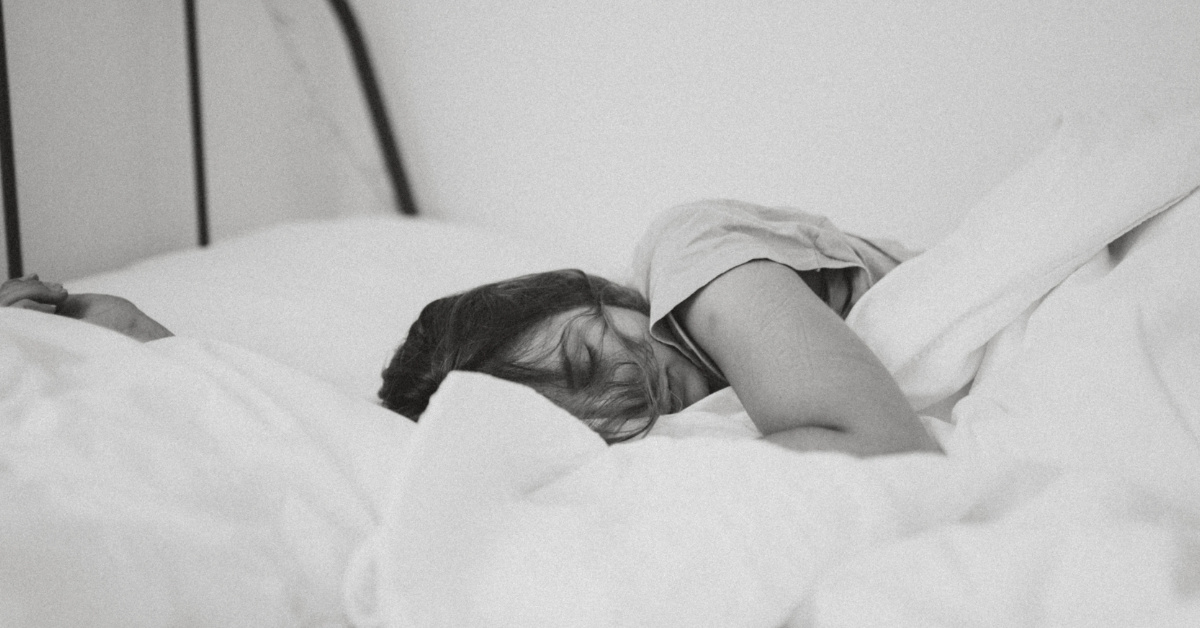Sleeping your way to Good Health

Our Brain never stops working, aren’t we glad it does not? All of its complicated working processes generates waste just like any factory does. Sleep is the only chance that the brain has to cleanse and protect itself.
We spend about one-third of our lives sleeping. But even when we are asleep, our brain is constantly active. During sleep, our brain consolidates our memories and anything we have learnt new through the day.
Sleep, though looks like it is the same throughout the time we are asleep, happens in stages. And we go through the different stages of sleep in cycles of differing time durations when we are asleep. Only in the deepest sleep stage, there is some “me” time for the brain. It does the “housekeeping” by removing toxins and impurities, checking the wiring, and fixing any repairs. The car wash/spa of the brain- the glymphatic system activates in deep sleep. Apart from removing the toxins and impurities in the central nervous system (brain and spine), this system also plays a roles in the distribution of growth factors, brain function modulators and nutrients in the brain. Recent evidence suggests that the glymphatic system may be disrupted in and contribute to some diseases of the brain.
So, if the brain does not go to the deepest stage of sleep, which is the last part of the sleep cycle, it results in fragmented sleep. Fragmented sleep is bad for Brain Health. As we age, sleep can become disturbed and occur in shorter or lighter phases. Same can happen with increased stress, poor work-life balance, poor mental health and physical health, improper sleep hygiene and increased use of gadgets and artificial lights.
There is no magic number of hours of sleep that your body needs. The amount of sleep you need will depend on your genes, your everyday routine, your age, and many other factors.
Some tips to getting a good night’s sleep:
- Build a routine – try to go to bed and get up at the same time each day (not necessarily sleep and wake up at the same time, we are talking about going to bed).
- Exercise 20 to 30 minutes a day, preferably not close to your bedtime.
- Avoid sugar, caffeine and nicotine intake late in the day and limit alcoholic drinks before bed.
- Eat a light dinner.
- Relax before bed – try a warm bath, reading, or another relaxing activity (which should not include a gadget). Build this into your routine.
- Create a room for sleep – This should be a gadget-free room free from bright lights and loud sounds. Keep the room at a comfortable temperature.
- Limit screen time before your bedtime. Put your phone away and on silent.
- Do not work while sitting on your bed.
- In a recent study, our body posture was found to potentially affect the glymphatic processes. In rat studies, a lateral (side) sleeping position was found better for brain waste clearance than when the head is held upright. So maybe even our position in bed, the use of pillows can affect our brain and waste drainage, though there is no conclusive scientific evidence for this.
- Do not look at the clock or count the number of minutes and hours until you fall asleep.
- Limit duration of afternoon naps to under half an hour if required.
- If you wake up early but feel rested and not tired, begin your day.
- Seek professional help if you have a problem sleeping or if you feel unusually tired during the day.
Contact Us for more information on how to boost your health. Book an Appointment with our Cognitive Neuropsychologist if you are concerned about your Sleep Quality.
Unified Brain Health Care is one of a kind integrated Neuro Rehabilitation Centre in Chennai for adults and children offering in person and online therapy in Cognitive Neuropsychology, Clinical Psychology, Psychiatry, Speech Therapy, Physiotherapy, Occupational Therapy, Clinical Nutrition, Career Counselling, Fitness Coaching and Educational Intervention. We also offer Family and Marriage Counselling, help for PCOS, care during pregnancy, post-pregnancy care for new moms, infant and early childhood stimulation, infant and young child nutrition, care for caregivers and promote holistic brain health.
